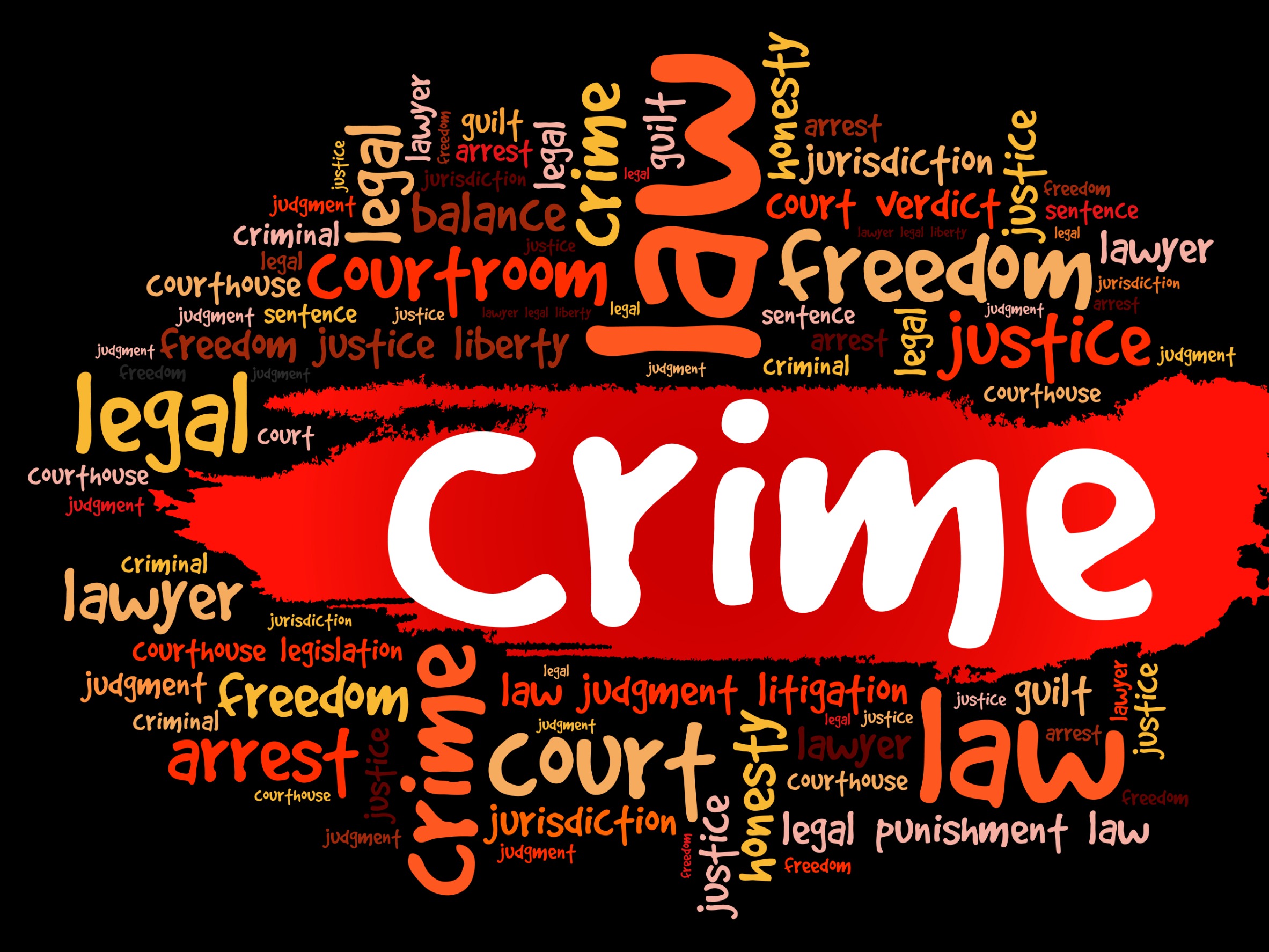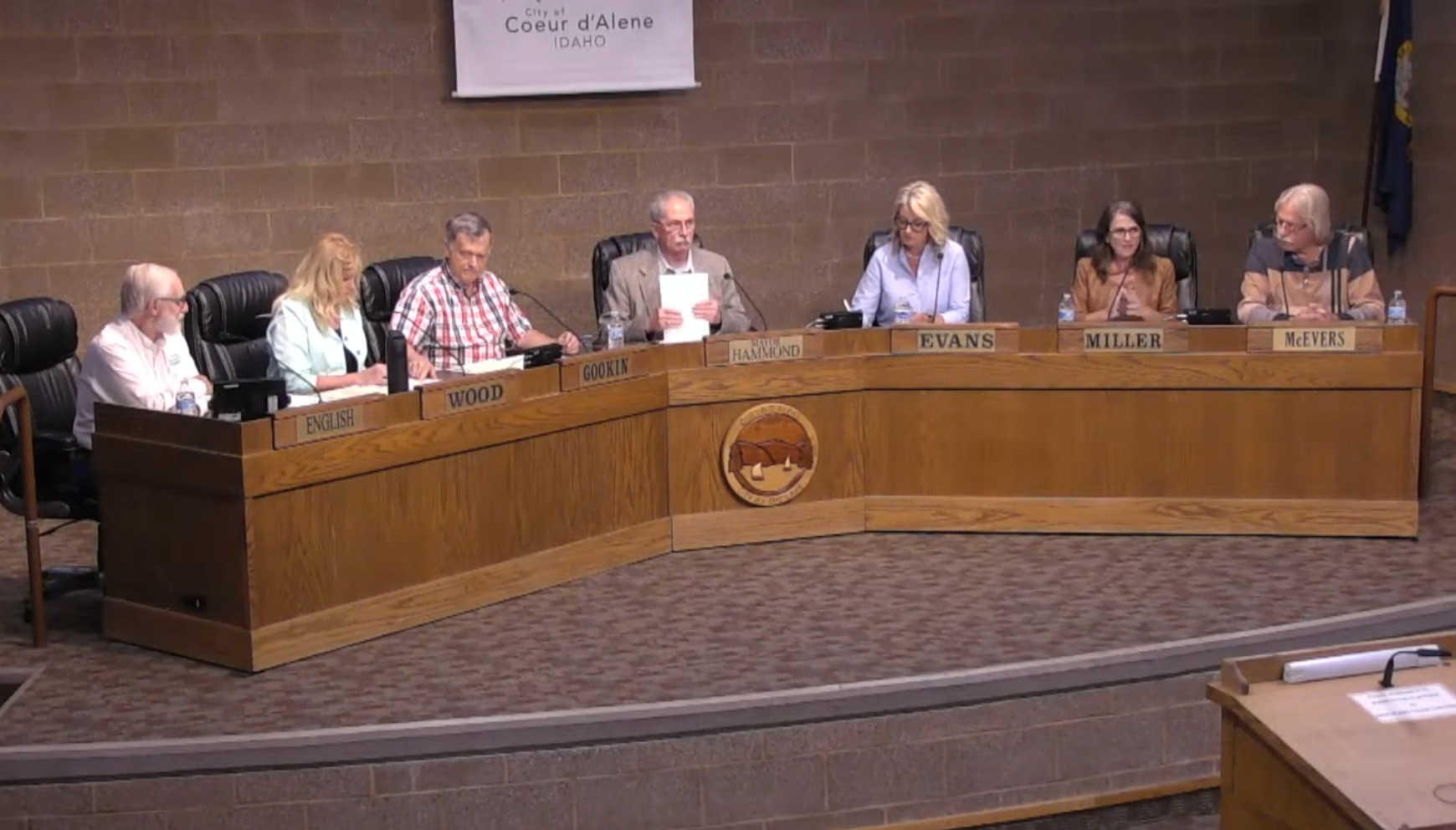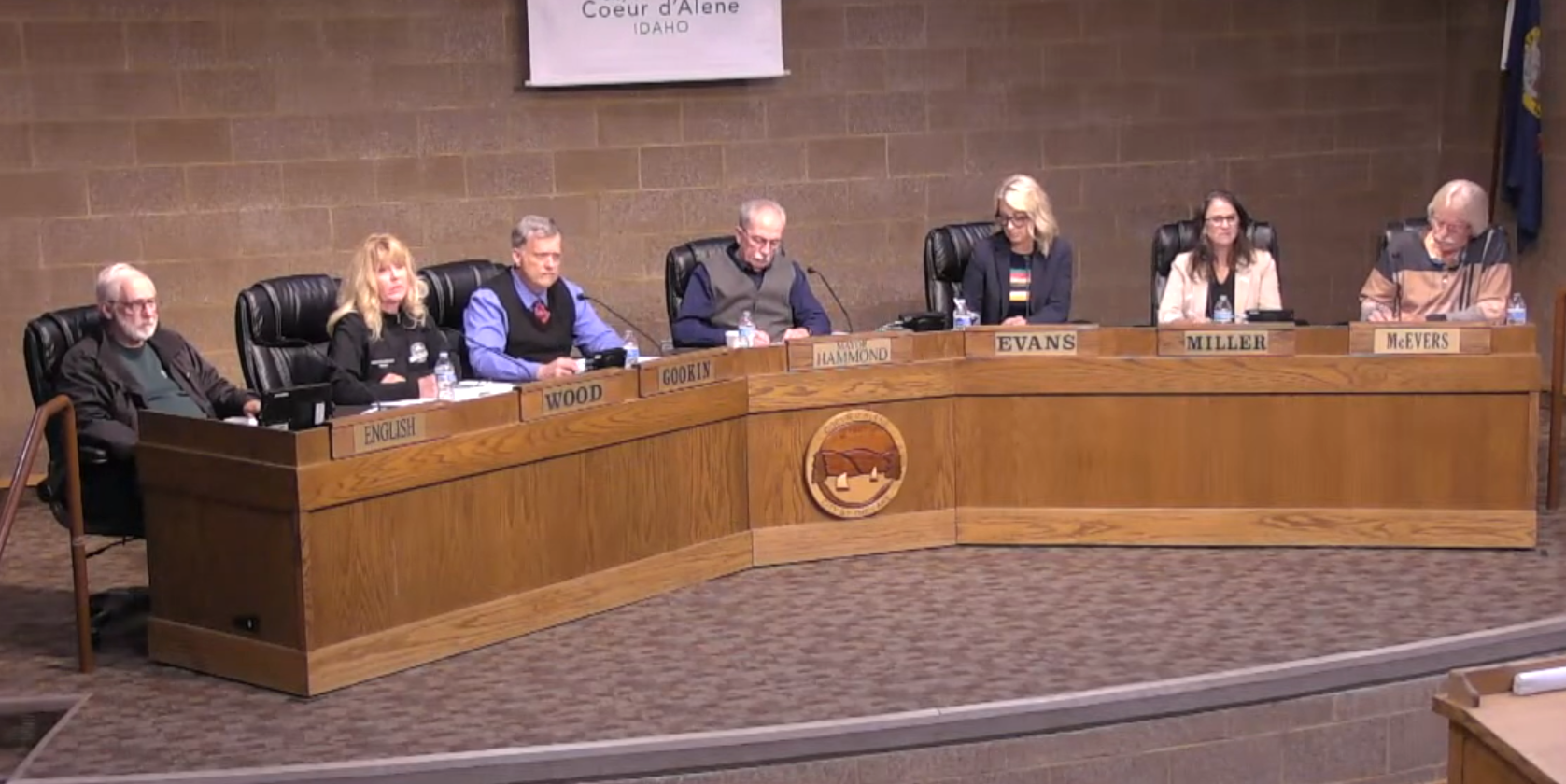Truth Matters – Column by Linda J. Cook
The old adage was “Polite company does not discuss religion or politics.” That might have worked in a more placid age, but the rapid destruction of our society calls for a new approach. I would assert that only a useless or defeated society refrains from discussing verifiable, observable truth, and the impact it must have on our lives.
I do know that a notable Coeur d’Alene politician has stated “there are no morals in politics.”
Perhaps he’s relieved about shrugging off that obligation, but the larger question is “Should there be?”
The short answer is “yes,” and now I’ve violated an unwritten law about releasing your readers before you’ve even warmed up. Stay with me to learn why we must combine true Christian faith with our political lives.
For years the refrain has echoed, especially in the abortion arena, “You can’t legislate morality.” Yet our entire body of law is a societal agreement about what is right and what is wrong. It is precisely and solely about legislating morality. So, yes, you can.
For those wishing to live unfettered lives, codified morals are anathema, they might even call advocates of such a system evil. It’s their only refuge and we must give them that. What we don’t have to do is elect them to public office.
Our daunting reality, however, is that many of the most virulent purveyors of societal destruction are in office, from the highest in the land, down to mere local pugnacity. What’s a believer to do?
There are two books in the Bible that address parallel societies to ours: Daniel, and Ephesians. In Daniel, we observe a blatantly evil, mighty empire in an encounter with stalwart men of God. When you think of Ephesus, think of San Francisco. In both settings, the light of God’s salvation shines with increased brilliance. That’s our opportunity in these dark times.
In the Book of Daniel, Nebuchadnezzar himself wrote Chapter 4 because prominent Hebrew captives, under constant threat of death, displayed unshakeable faith that showed the power of God.
King Nebuchadnezzar, To all the people, nations, and languages, that dwell in all the earth: Peace be multiplied to you! It has seemed good to me to show the signs and wonders that the Most High God has done for me. How great are his signs, how mighty his wonders! His kingdom is an everlasting kingdom, and his dominion endures from generation to generation.
Daniel 4:1-3, NKJV
I’m getting ahead of the story, though. The king was a pagan who could snuff out any life on a whim. How did he get such clarity? He had an inexplicable dream that terrified him.
No wise men, enchanters, magicians, or astrologers can show to the king the mystery that the king has asked but there is a God in heaven who reveals mysteries, and he has made known to King Nebuchadnezzar what will be in the last days.
Daniel 2:27-28 NKJV
I’d love to say this ends the story on a high note, but crawling around for seven years, shaggy-haired, and with fingernails like claws, eating grass, driven out of the company of men was still in his future. We humans are slow learners.
The pertinent point is that God is active, and if we know and follow Him, even the most venal among us can be convinced. Daniel conveys the piercing light of the reality of the one true God in a period of captivity, and oppression of His people.
In the opening verses of Ephesians we are told:
Blessed be the God and Father of our Lord Jesus Christ, who has blessed us with every spiritual blessing in the heavenly places in Christ, just as He chose us in Him before the foundation of the world, that we should be holy and without blame before Him in love, having predestined us to adoption as sons by Jesus Christ to Himself, according to the good pleasure of His will, to the praise of the glory of His grace, by which He made us accepted in the Beloved.
Ephesians 1:3-6 NKJV
I find I have nothing to add to the fullness of just these few opening verses. My pastor, Paul Van Noy, said recently that we Christians often study eschatology (i.e., death, judgment, the final destiny of the soul and humankind), but neglect soteriology. To which I exclaimed, “I don’t even know what that is!” So, for those of you who, like me, could be Exhibit A in “what has gone wrong with modern Christians,” I’ll tell you. Soteriology is the study of our salvation. In the completeness, security, permanence, power, and strength of that singular work, Jesus accomplished perfection for us. Until we grasp that, we’ll keep adding, subtracting, and messing it up in our heads, then communicating that chaos to the world.
If you study Ephesians, you’ll gain the understanding that is desperately needed in this current time.
In essence, we are utterly secure beings surrounded by a time of great darkness. We must grasp the first before we engage the second.
Human governance is unstable, but if we return to Nebuchadnezzar’s dream we know what happens in the end. The statue is standing there on weak feet, iron mixed with clay.
And in the days of those kings, the God of heaven will set up a kingdom that shall never be destroyed, nor shall the kingdom be left to another people. It shall break in pieces all these kingdoms and bring them to an end, and it shall stand forever, just as you saw that a stone was cut from a mountain by no human hand, and that it broke in pieces the iron, the bronze, the clay, the silver, and the gold. A great God has made known to the king what shall be after this. The dream is certain and its interpretation sure.
Daniel 2:44-45 NKJV
God is omnipresent and omnipotent. If we belong to Him, we are standing on the Rock that shatters every other kingdom.
So go forth into those wobbly kingdoms, as a representative of Christ, and watch them fall. We can’t save the kingdoms, but we also mustn’t allow the servants of darkness to dim our light.






